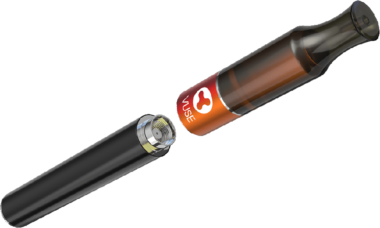
‘Doctor, doctor, your website’s too stylish’ – e-cig firm falls foul of advertising code
10th October 2017 - Marketing & retailing |
A ruling by the UK’s Advertising Standards Authority calls into question the line between fact and promotion when it comes to the fonts used on websites




















































